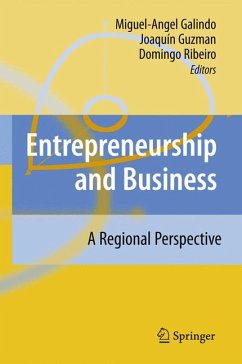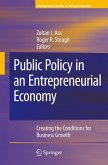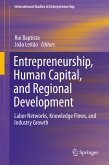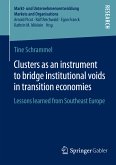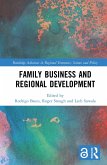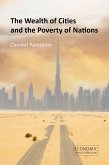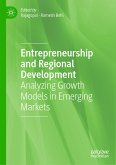This book examines the relationship between entrepreneurship, growth and regional aspects of business. The text offers two broad perspectives of entrepreneurship, a historical one and a comparative perspective. In the historical part, several examples of the co-operation between regional aspects and aspects of entrepreneurship are presented. The second part shows different aspects of entrepreneurship in a more and more globalizing world. Networking, the relationship between clusters and business innovation, economic transition and the links between social capital and business competitiveness are some of the topics.
Dieser Download kann aus rechtlichen Gründen nur mit Rechnungsadresse in A, B, BG, CY, CZ, D, DK, EW, E, FIN, F, GR, HR, H, IRL, I, LT, L, LR, M, NL, PL, P, R, S, SLO, SK ausgeliefert werden.

